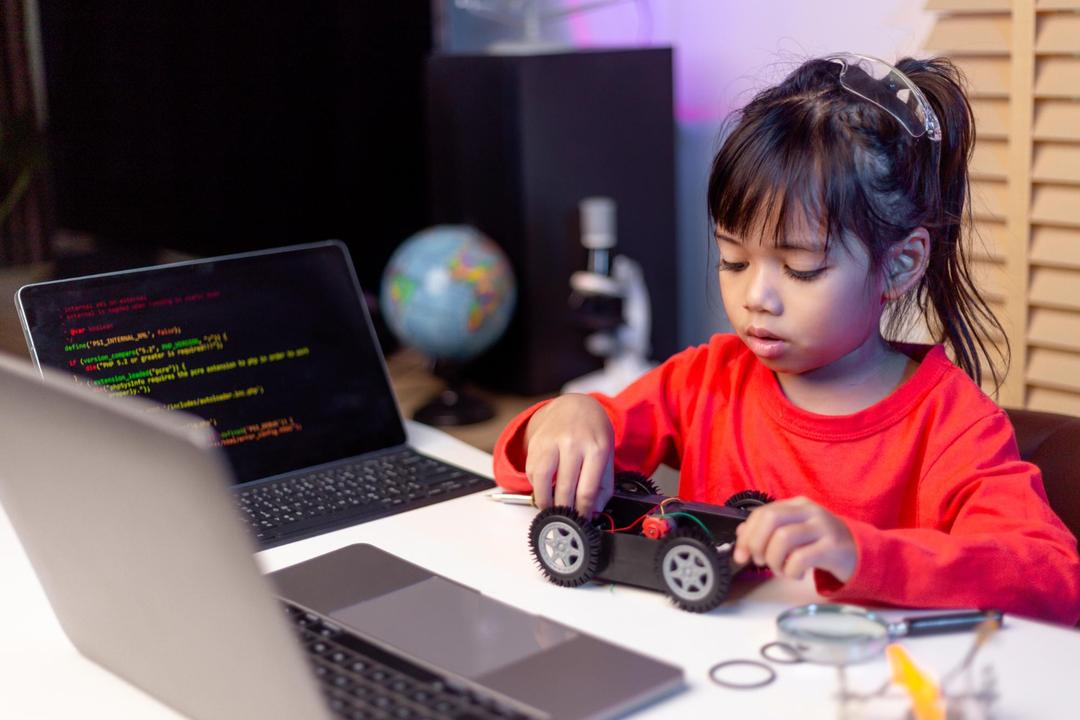AI is everywhere, and kids are part of it too. They interact with different AI technologies through learning apps and chatbots from a very young age. Despite its several benefits, it can also lead to major challenges that can be harmful. However, parents should ensure that their child understands why utilising AI for positive and constructive purposes is significant.
Why does Responsible AI matter?
‘Responsible AI’ means how artificial intelligence can be developed and used safely to bring a positive impact. Right now, AI is driving changes in unprecedented ways. But just in every good story, there is a flip side, like that if AI is misused, it can lead to cyberbullying, deep fakes, privacy violations, security risks, and many more.
What Troubles Can Arise If AI Is Not Used Responsibly?
Nowadays, children are hooked on social media. With the application of AI, kids can create fake profiles and generate malicious content. Imagine someone making a fake account that exactly looks like a real person’s online identity. With these false profiles, mean and harmful content is spread, which often causes emotional distress for the victims. So, a child should learn that if AI is not used responsibly, consequences can be far-reaching.
Nowadays, a child can easily create forged videos and images. Suppose a kid develops a false video of his classmate, which quickly spreads online, leading to harmful rumours, and social exclusion of the classmate. In such a scenario, the damage to the reputation is severe, which results in stress, anxiety, bullying, and humiliation. Sometimes, it becomes so drastic that it compels the victim to undertake actions that are threatening to life. This perfectly narrates how irresponsible use of AI can have a profound impact on someone’s life.
Risks Children Face Without Proper AI Knowledge
Let us see another instance where kids can misuse AI to gather personal information without anyone’s consent. Due to their tender age, often, they fail to understand the negative impact of it. It leads to a violation of privacy and theft of identity, which falls under cybercrime. Naively, they get into the trap of legal troubles and cybersecurity surveillance.
AI in education is another aspect where it can wreak havoc. With AI, they can write answers, solve problems, and submit work that is not their own, which can undermine their learning and integrity. While kids are growing, they should be made aware that if AI is not used wisely, it can stir up troubles. So, it is crucial to make them understand how to use AI carefully to ensure it is a helpful ally rather than a source of problems.
The Role of Parents in Guidance
Parents should openly communicate how responsible AI can make the world inclusive, while irresponsible use can lead to severe consequences. Educate them in fun and engaging ways with relatable examples like Siri and Alexa. Talk about both positive and negative uses of AI so that they can understand what is acceptable and what is not and how technology can be used for positive and impactful changes. Real-life examples always interest them, like how doctors with AI can diagnose diseases more precisely. In environmental conservation, AI can be used to monitor wildlife and predict natural disasters. How do different smart devices like Bailey and Alexa make our lives easier, and enjoyable?
Practical application of technology always thrills children. Engage them in projects like applying “design thinking” program a chatbot, or creating a smart home device. Let them enjoy coding and build their own applications. Sit down and brainstorm ways how AI could solve problems they care about. With AI they can create personalised learning plans to help them excel in school. This way, by guiding them to use AI as a tool for good future innovators can be nurtured who can use technology to make a difference.







